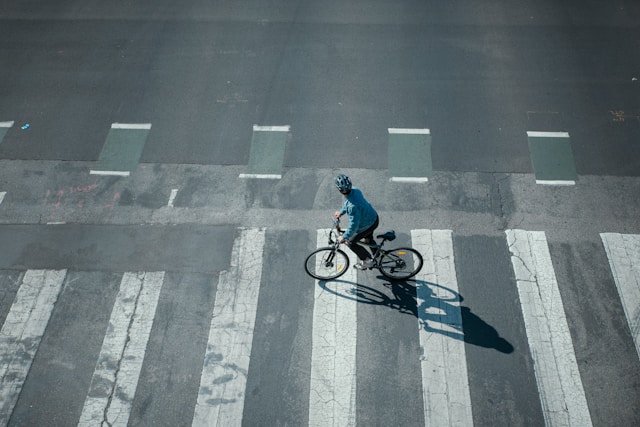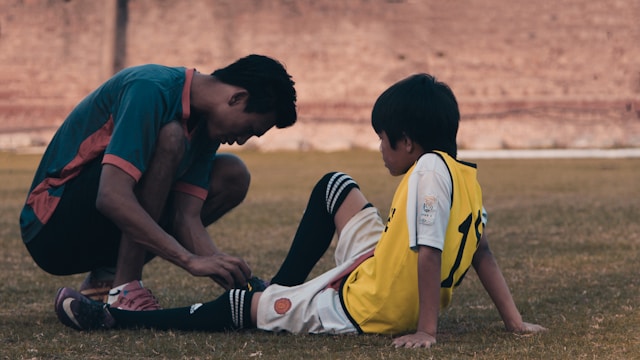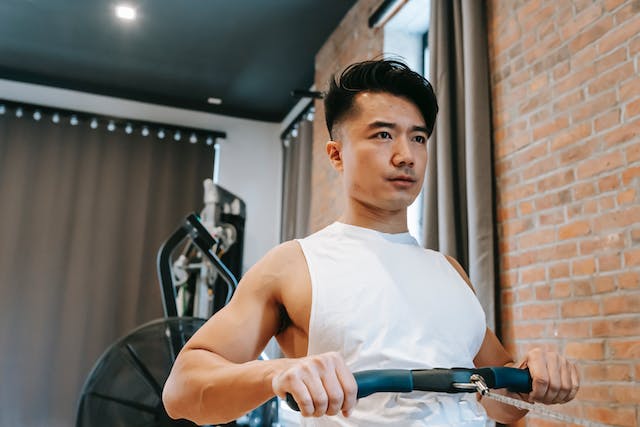If you’ve ever been sat on the beach on holiday, staring longingly at the surfers out on their boards, effortlessly riding the waves, then perhaps it’s time you thought about planning your own surfing holiday. OK so you might never have even touched a surfboard before, let alone tried to stand up on one, but don’t let that put you off. Think about it this way – tonnes of people go on ski trips having never skied before, so why should this be any different? Plus, you’ll get good weather, plenty of beach time, and all the perks of your usual summer getaway with some exercise and fun thrown in for good measure.
We’ve put together some top tips to help get you on your way to planning your first surfing holiday:
Where To Go And When?
There are so many great surf spots dotted around the world that at first it may seem a little daunting to know where’s best to go. And with current travel restrictions in place due to the covid pandemic it could mean that you can’t currently leave your home country. Do your research early and plan ahead, taking into account whether it’s likely the restrictions will have been lifted by the time of your trip.
The following destinations are listed as some of the best surf spots for beginners:
- Noosa in Australia.
- Baja California in Mexico.
- Cornwall in the UK.
- Bali in Indonesia.
- Nosara in Costa Rica.
- Oahu in Hawaii.
- Jeffreys Bay in South Africa.
- San Diego in the USA.
You’ll need to make sure you match your holiday dates with the best weather and wave season for the country to make sure you get the best conditions for your surfing holiday. In general, waves are bigger in the colder seasons, so as a beginner you would be advised to go in the spring or summer when the weather has warmed up a bit. Plus, let’s face it unless you’re a natural surfer, which is highly unlikely, you’re going to be spending a lot of time in the water, so the warmer the better!

What Kit Do You Need?
Until you work out whether surfing is truly for you, it is inadvisable to go forking out wads of money on all the latest kit – you might try it and absolutely hate it. Most surf schools, which we’ll talk more about in a bit, will offer rentals on surfboards and wetsuits. This is great news as these are the more expensive items, so you’ll save yourself some money and also not have to worry about transporting them to your destination.
If the water temperature is above 22C then chances are you won’t really need a wetsuit anyway, and in fact a wetsuit can make surfing harder as the extra weight acts as a resistance. You might however, want to think about investing in a rashguard with UV protection to not only act as protection from the sun (you can get sunburned so easily when you’re surfing) but also against the wind. Think ahead also to when you get out of the water. You can get cold very quickly, and so warm, baggy, easy to put on layers are an absolute must.
That’s pretty much it in terms of the surf kit and clothes you’ll need, but in addition it’s worth taking these too:
- A disposable camera – Best not to take your expensive camera to the beach, but you’ll want to get some memories of your first surfing holiday. Analogcc.com do a great selection.
- Epsom bath salts – Make no mistake, you are going to discover muscles you never knew you had, and you are going to ache my friend!
- Snacks – All that exercise is going to make you super hungry, so make sure you have plenty of slow release carb snacks on you – flapjacks are an excellent choice.

Surf School
Your current level of fitness will partway determine how good you’re likely going to be at surfing, certainly in terms of your stamina and flexibility anyway. You can prepare in advance by doing things like Pilates and Yoga to help with core strength and balance, which is obviously key. And you could also watch some YouTube videos of pop ups to help practice jumping onto the board at home. As a surfing novice we would highly recommend you book yourself into a surf school, such as this one https://www.aquasurf.com/, so that you can be guided safely through the first steps, and know that you are doing it the correct way, thus reducing the risk of injury and increasing the chances of you actually being able to stand up on a board on the water.
Before your trip make sure you research any surf schools in the area and book yourself in for a course of lessons, bearing in mind that it is going to be physically challenging so you’ll want to factor in some rest days in between each lesson. Surfing lessons will of course up your holiday budget, but learning from a professional will ensure you pick the techniques up a lot quicker and you are therefore much more likely to enjoy doing it. Most surf schools offer the choice of private or group lessons so it’s up to you to decide what will suit you better. If you’re traveling on your own it can be a great way to meet like minded people, or if you have the family with you it is a great activity to do together, just make sure the lessons are kid friendly and don’t have any age restrictions on them.

Where To Stay?
So we’ve looked at some of the best surfing destinations, but what about where to stay when you go there? Camping is the cheaper option, but we need to take a reality check here, surfing is hard; really physically hard. Not only are you going to ache, but you’re going to feel exhausted too and so making sure you have a decent bed that you can get a good nights sleep in is an absolute must in our eyes.
You should also think about where your base is located in relation to the beach and surf school as well as to any other facilities. Is it near a town? Are there restaurants, shops, entertainment etc. nearby? If you go on a week’s surfing holiday you will only actually be surfing for half that time, if that, so having other things to do while on holiday is really important.
It’s not just about the location of your accommodation, but also how comfortable it is and what facilities it offers. Somewhere with a hot tub would be amazing, to help with all those aches and pains, or failing that a luxurious freestanding bathtub with overhanging Ove Decors farmhouse chandeliers, those Epsom salts you remembered to pack (see above) and a view of the beach sounds just as perfect.

Approach your first surfing holiday with a positive yet realistic mindset. You’re unlikely to hit Point Break status on your first attempt, but you can be sure have lots of fun trying.



